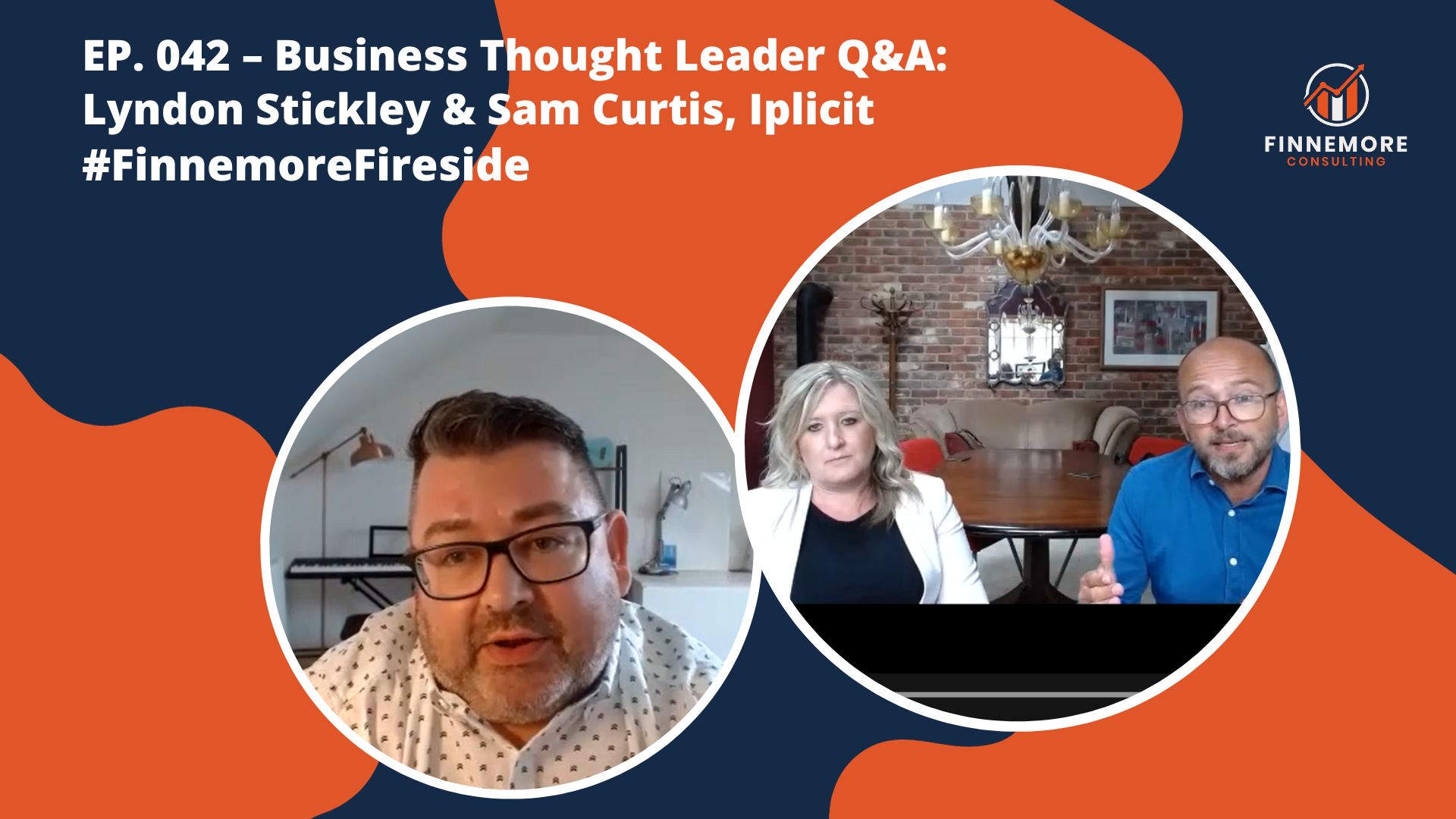Our next #FinnemoreFireside is with Ben McGowan, Head of IT and Digital at Ted Wragg Multi Academy Trust and Simon Denham, a Procurement & Strategic Sourcing Specialist they worked with on their recent procurement of an MIS for the Trust.
I’ve known Ben for many years from his time at Scomis, and I was lucky enough to work with him at Capita for a short period. A couple of years ago he took up his current role leading the IT and digital strategy at Ted Wragg Trust so when the Trust was looking at MIS options back in 2022, I was delighted to be asked to give my thoughts on “the art of the possible” when it comes to planning for the future needs of the Trust and what MIS can help you achieve. It was there I met Simon Denham as Ted Wragg MAT had engaged him to advise on the procurement process to ensure it was thorough, compliant, and achieved the very best for the Trust and academies.
This fireside chat aims to share insights on procurement in the education sector, particularly regarding Management Information Systems (MIS), so if MIS procurement is your thing, or is on the horizon for your school(s), Trust or academies, then this conversation is for you.
In it, we discuss, amongst other things:
————————————————————————————————
Working with MIS
We’ve been lucky enough to have worked with most of the maintained MIS suppliers including SIMS (then owned by Capita), Arbor, IRIS Ed:gen, Pupil Asset, and, at the time of writing, working with Bromcom as they grow their user base across the UK.
We’ve recorded tons more #FinnemoreFireside chats on the topic of MIS with MATs, school leaders, support teams, suppliers and independent consultants which you can find here or subscribe to our You Tube channel for regular updates.
Other brilliant free, independent resources we’d recommend you take a look at include WhichMIS and BringMoreData. We also run a LinkedIn group ‘The Future of MIS’ which seeks to understand the new role of MIS in schools and explore what it will look like in the future – come and join the conversation 🙂




